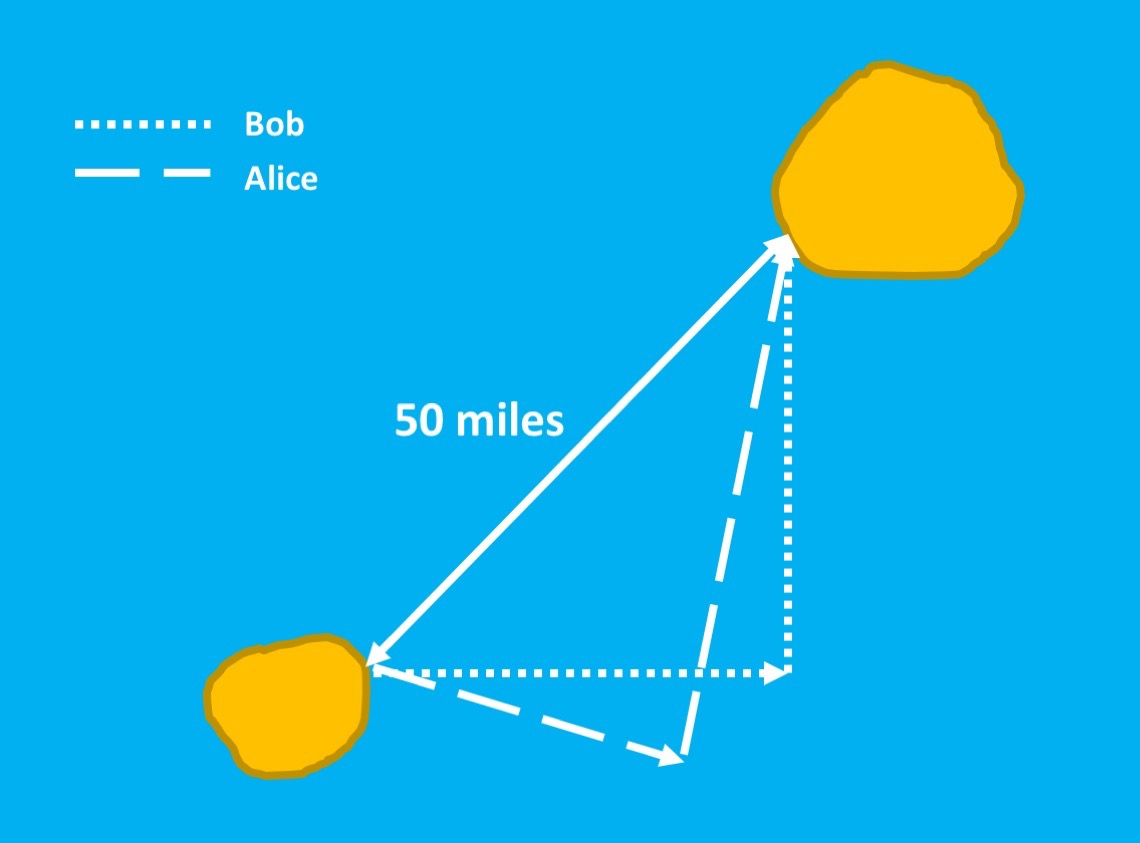
Modern physics is sometimes used to claim there's no such thing as objective truth. Is that a valid thing to do? Let's think this through.
We don't know for certain that objective truth exists. We have to assume it. And for certain worldviews, such as Christianity...
We don't know for certain that objective truth exists. We have to assume it. And for certain worldviews, such as Christianity...
...there's a firm basis from which to make the claim that objective truth exists.
So, let's go ahead and assume it does. The question is, does our knowledge of modern physics—the subjectivity of relativity and the probabilistic fuzziness of quantum mechanics—disprove it?
So, let's go ahead and assume it does. The question is, does our knowledge of modern physics—the subjectivity of relativity and the probabilistic fuzziness of quantum mechanics—disprove it?
First, the obvious defeaters. If there's no objective truth, then there's no basis for making the claim that modern physics is valid. How do we know modern physics applies for everyone at all times and in all places? Or for anyone anywhere? We don't.
And isn't the statement "there is no objective truth" itself making an objective truth claim? The very concept of no objective truth is therefore self-contradictory and self-defeating.
But let's address the supposed problems with truth and modern physics, starting w/ relativity.
But let's address the supposed problems with truth and modern physics, starting w/ relativity.
Relativity doesn't undermine the idea that there is objective truth. Contrary to popular misconception, relativity doesn't mean we all experience different realities, it means we all experience the same reality in different ways. Not so much on Earth, since we're all...
...more or less in the same frame of reference. But even for hypothetical beings traveling at very different speeds than us or in a much stronger gravitational field than we are, relativity says we're all still experiencing the same reality, just differently.
This is because relativity holds that the "fabric" of physical reality is made of two components—space and time—which are woven together into the flexible whole of spacetime. We all exist in the same spacetime, but how we each experience space and time separately may differ.
To understand this, let's use an analogy of two people, Bob and Alice, traveling by ocean from one island to another. As the crow flies, the islands are 50 miles apart. Let's imagine there's a dangerous reef that prevent direct travel, so they have to choose indirect routes.
Bob gets to the new island by traveling 35.4 mi E + 35.4 mi N. Alice gets to the new island by traveling 23 mi SE + 44.4 mi NE. They traveled different amounts of north, south, and east, yet they're both now objectively at the same place from where they started. (image NTS) 

I borrowed this analogy from Kip Thorne, who explains in his book, Black Holes and Time Warps, how space and time separately are like the cardinal directions. Bob and Alice both agree that the north island is 50 miles NE of the south island. However, they each got there..
...with different mixes of the cardinal directions. They didn't experience two different realities, they experienced two different mixes of the components of the same reality. It's no different with relativity. Two people in different frames of reference will experience...
...two different mixes of space and time, but it's all objectively within the same spacetime.
Next time, I'll talk about the probability and fuzziness inherent to quantum mechanics, and why that doesn't disprove the existence of objective truth either.
Next time, I'll talk about the probability and fuzziness inherent to quantum mechanics, and why that doesn't disprove the existence of objective truth either.
• • •
Missing some Tweet in this thread? You can try to
force a refresh











